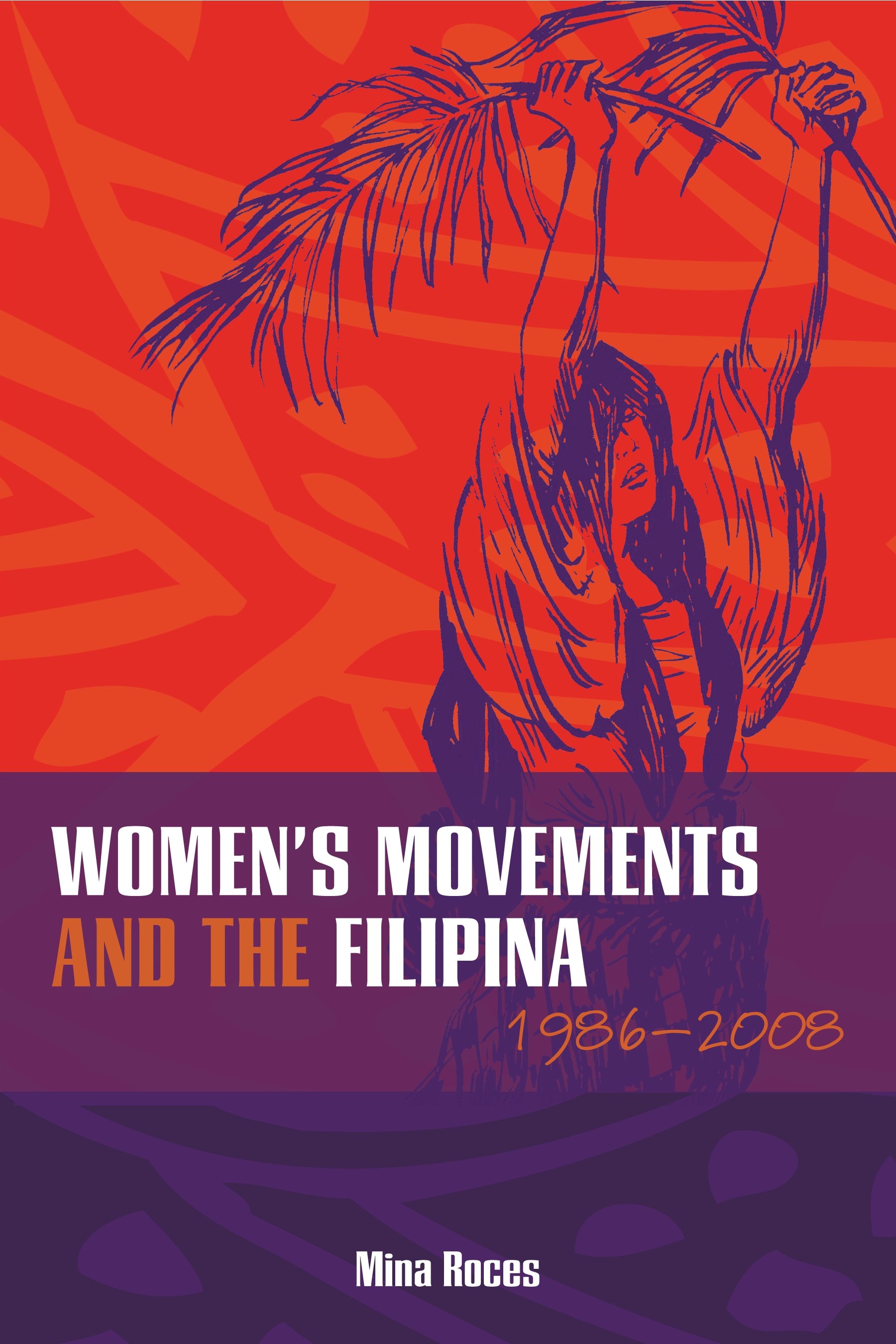Women’s Movements and the Filipina
Women’s Movements and the Filipina
This book is about a fundamental aspect of the feminist project in the Philippines: rethinking the Filipino woman. It focuses on how contemporary women's organizations have represented and refashioned the Filipina in their campaigns to improve women'...
Read more
This book is about a fundamental aspect of the feminist project in the Philippines: rethinking the Filipino woman. It focuses on how contemporary women's organizations have represented and refashioned the Filipina in their campaigns to improve women's status by locating her in history, society and politics; imagining her past, present and future; representing her in advocacy; and identifying strategies to transform her. The drive to alter the situation of women included a political aspect (lobbying and changing legislation) and a cultural one (modifying social attitudes and women’s own assessments of themselves). In this work Mina Roces examines the cultural side of the feminist agenda: how activists have critiqued Filipino womanhood and engaged in fashioning an alternative woman. How did activists theorize the Filipina and how did they use this analysis to lobby for pro-women’s legislation or alter social attitudes? What sort of Filipina role models did women’s organizations propose, and how were these new ideas disseminated to the general public? What cultural strategies did activists deploy in order to gain a mass following? Analyzing data from over seventy five interviews with feminist activists, radio and television shows, romance novels, periodicals and books published by women’s organizations and feminist nuns, comics, newsletters, and personal papers, Roces shows how representations of the Filipino woman have been central to debates about women’s empowerment. She explores the transnational character of women’s activism and offers a seminal study on the important contributions of feminist Catholic nuns. Women’s Movements and the Filipina provides an original and passionate account of the contemporary feminist movement in the Philippines, bringing to light how women’s organizations have initiated change in cultural attitudes and had a significant impact on contemporary Philippine society.
Less























.jpg)





